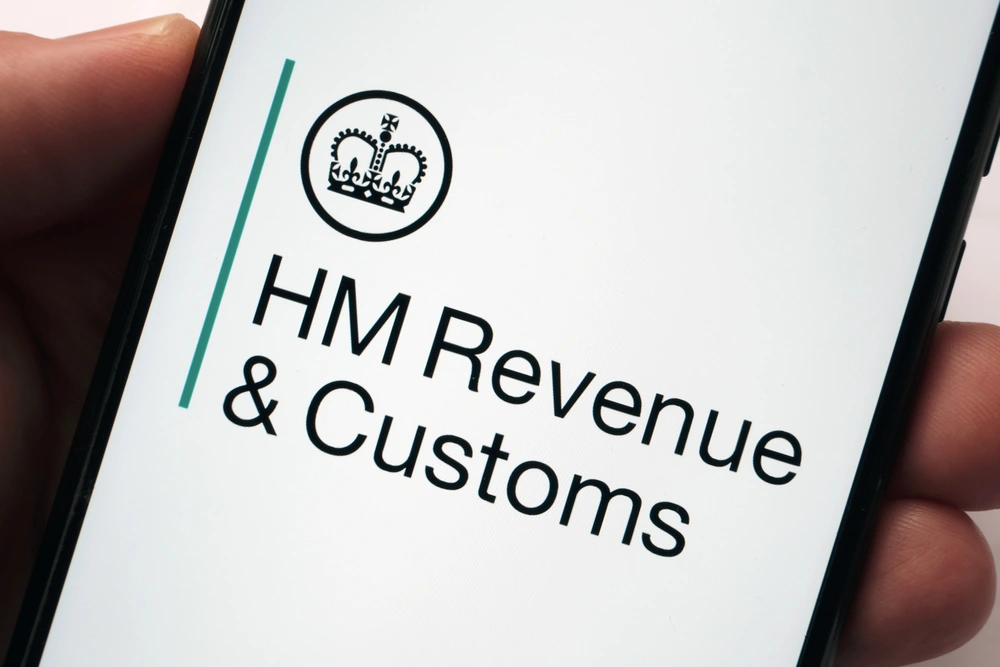To get a mortgage in this country, you don’t need a guarantor. But the role of guarantor is anything but redundant.
For many people – particularly first-time buyers – guarantor mortgages serve a very important purpose. That is, to get them on the property ladder.
In this blog, we’ll explain what a guarantor is, why you might use one and some of the benefits and drawbacks of doing so.
What is a guarantor?
A guarantor is someone who is willing, legally, to pay your mortgage or loan if you cannot.
This means if you miss a repayment one month, or for a longer period (if you lose your job, for example), your guarantor will be legally liable to pay it for you.
"Agreeing to be a guarantor on a mortgage should not be done lightly."
Not doing so could result in repossession of the house and very negatively impact on both of your credit histories.
That’s why agreeing – or asking someone - to be a guarantor on a mortgage should not be done lightly. You are both equally liable, for the life of that mortgage, to pay it.

So why do people do it?
Guarantor mortgages are normally used when a borrower has a poor credit history.
Lenders take applicants through a strict list of criteria before granting them a mortgage. This includes affordability and other checks to see how you run your finances, as well as examining your credit history.
As a borrower, it can be frustrating if you’re now running your finances like a dream because it is your previous financial behaviour that can let you down. Previous missed loan, credit card or mortgage payments can stay on your credit history for six years and continue to affect whether future lenders accept you. So while it is evident that you are able to afford the mortgage, your credit history might block you from being approved.
This may prompt you to consider asking someone who you know has a good credit history to act as your guarantor and agree to repay your mortgage if your situation changes and you cannot.

Who should I ask?
Most people choose someone in their family who is close to them – after all, it is a big ask. And a lender may even insist it is only a relative who acts as guarantor.
It is common for parents to be a guarantor on their son or daughter’s mortgage to help their child get on the property ladder. They may not realistically expect to actually take over the monthly repayments on their offspring’s behalf. But if their child stops paying, they’ll have to.
"Guarantors will be put through the same affordability checks as you."
Whoever you choose as a guarantor will be put through the same checks upon application as you. When considering their affordability, lenders will need to ensure that they have enough disposable income to be able to repay your mortgage as well as all their outgoings (potentially their own mortgage too, remember), should they need to.

A more costly choice?
While there are guarantor mortgages out there, they aren’t common. Because you have a limited choice of mortgage and lender, you’re unlikely to find a product with a competitive rate of interest.
If you’re considering a guarantor loan because of your poor credit history, remember there are lenders who specialise in customers in a similar situation. You could consider speaking to a mortgage broker to help you find a mortgage and lender that suits your needs.

Take care
We hope this has helped explain what a guarantor mortgage is, how they work and what the risks of asking someone to be a guarantor on your mortgage are.
Just remember to think very carefully before asking someone to act as your guarantor and, equally so, if someone asks you to be a guarantor on theirs. Doing so is a big undertaking and should be treated as such.
Disclaimer: We make every effort to ensure that content is correct at the time of publication. Please note that information published on this website does not constitute financial advice, and we aren’t responsible for the content of any external sites.








